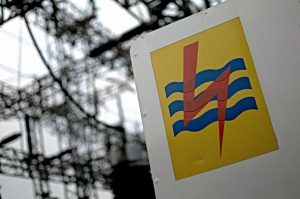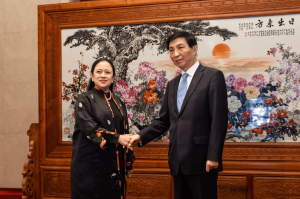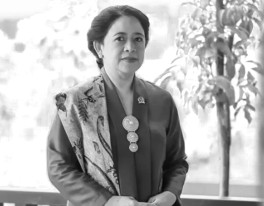KFI imports nickel from the Philippines over domestic supply issues
PT Kalimantan Ferro Industry (KFI) is currently importing nickel from the Philippines to sustain its smelter operations in East Kalimantan a result of disrupted domestic nickel ore supply.
“We have to source from the Philippines because several local mines have not yet received approval for their Work Plan and Budget (RKAB), preventing us from purchasing their nickel,” Ardhi Soemargo, Owner Representative of PT KFI, told a hearing with Commission VII of the House of Representatives (DPR) on Monday, July 8, 2024.
Ardhi assured that prior to the RKAB complications, all of the nickel ore used by PT KFI’s smelter was sourced entirely from within Indonesia.
However, due to the current situation, the company has had no choice but to import nickel from the Philippines.
"With 1,400 employees depending on us, we cannot afford to halt or reduce our operations to keep the plant running," Ardhi said.
So far, PT KFI has imported one vessel containing 51,000 tons of nickel to address the shortfall.
"This import is a temporary measure to cope with our current supply shortage," he said.
Despite not owning any mining concessions and only operating a smelter, Ardhi noted that PT KFI is still affected by the delayed RKAB approvals.
"We purchase all our nickel from traders, but if a company has not secured RKAB approval, traders cannot sell their nickel to us," he said.
In response, Mulyanto, a Commission VII member of the House, highlighted that the RKAB approval issue could potentially reduce state revenue.
He pointed out that despite the DPR's efforts to change the RKAB submission frequency from annually to every three years, problems persist, leading companies to import from abroad.
"This affects our foreign exchange and increases our expenses," Mulyanto said.
Tag
Already have an account? Sign In
-
Start reading
Freemium
-
Monthly Subscription
30% OFF$26.03
$37.19/MonthCancel anytime
This offer is open to all new subscribers!
Subscribe now -
Yearly Subscription
33% OFF$228.13
$340.5/YearCancel anytime
This offer is open to all new subscribers!
Subscribe now






